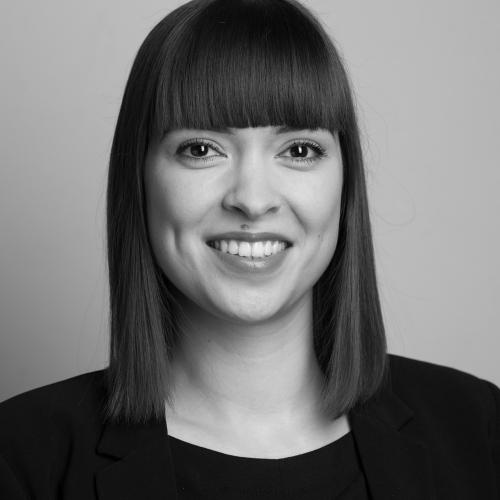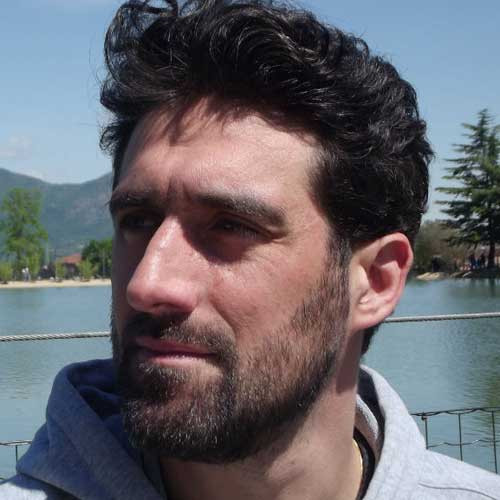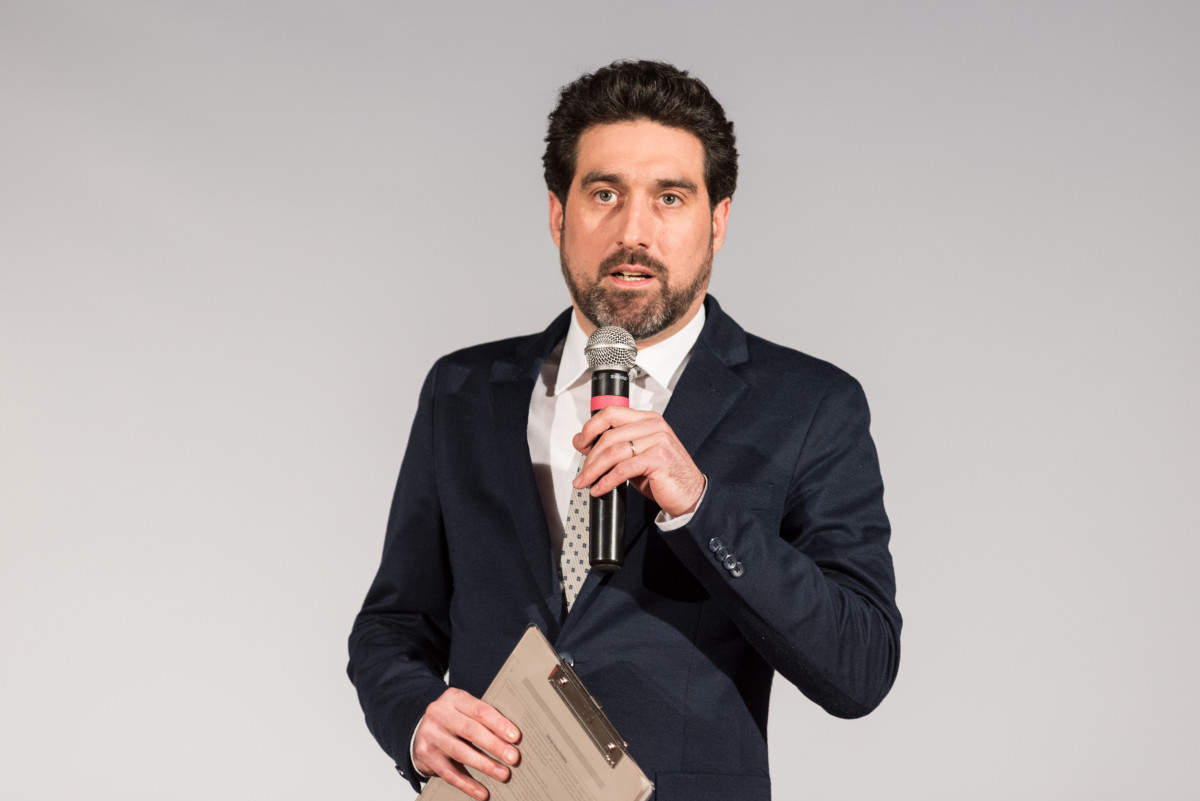Three questions to: Rudi Bressa, CLEW Ambassador for Italy
Rudi, what is the biggest energy topic or debate in Italy right now?
In recent weeks or months two big themes have emerged. First is the National Energy and Climate Plan (NECP), which has been criticised for its lack of real long-term policies for decarbonising the energy sector by 2050. According to a study published by the Ecologic Institute and Climact, commissioned by the European Climate Foundation, none of the European members are close to achieving the goal of zero net emissions by 2050. On average, they do not even reach a third of the score required to meet the Paris Agreement goals. Italy ranks 17th out of 28 countries. Even if it is planning to phase out coal from 2025 and gives a detailed description of fossil fuels subsidies (even if there isn't a timetable for phasing out), Italy has not provided sufficient details on its policies and measures for reducing non-ETS greenhouse gas emissions. So its energy efficiency policies are too weak to achieve EU targets. Policies and measures on renewable energy are still poor.
New regulations provide measures that should ensure energy security and the supply of electricity even when there is peak demand. They also provide for an additional remuneration for those electricity suppliers who undertake to maintain it and, if necessary, make it available to the system. Here we have a problem: renewables are unable to participate in the capacity market. According to associations and stakeholders in the renewable energy sector, this new law doesn't meet the Clean Energy Package, which aims at an increasingly decentralised system, energy communities, active consumers and decentralised generation. They agree that these measures will accelerate the introduction of a tool that goes in the opposite direction, so much so as to encourage building new fossil-fuel power plants. With this system, thermoelectric power stations running on oil and gas will receive subsides for the next 15 years. It will cost customers over a billion euros a year in their energy bill.
How do you view your role as CLEW Ambassador?
I'm glad and proud to represent Italy in the CLEW Network. I think it's an opportunity to connect journalists world-wide who are working on the energy transition and climate policy, and promote cross-beat and cross-border perspectives in energy and climate policy journalism. We can work together from different perspectives in different countries. The goal is the same: an energy transition, CO2 free.
What is your advice for local journalists starting out with covering the energy transition – and what guidance would you give an international journalist doing an energy transition story in Italy?
Have a clear understanding of the current international situation and how to relate and link it to local stories. If we think of Europe, despite the fact that there are common policies, there are still too many differences on energy policies. The Visegrad countries, for example, are acting as a block. It's necessary to understand what is being done locally, also to extend the network to local groups, policymakers, and companies operating in the energy sector. On the other hand, I could provide a network and some connections by joining forces with colleagues who are motivated by collaboration and solidarity of purpose.
If you are an international journalist researching a story on the energy transition and climate policy in Italy, you can reach out to Rudi as a first point of contact. Beyond that, our other CLEW Journalism Network members in Italy might be able to help you, or be interested in collaborating on an energy transition story.
If you are an Italy-based journalist with an idea for a project on-the-ground, Rudi can also refer you to us at CLEW in Berlin, where we can try to help you find partners. Should you be looking for expertise in other countries – have a look at the CLEW Journalism Network map!



